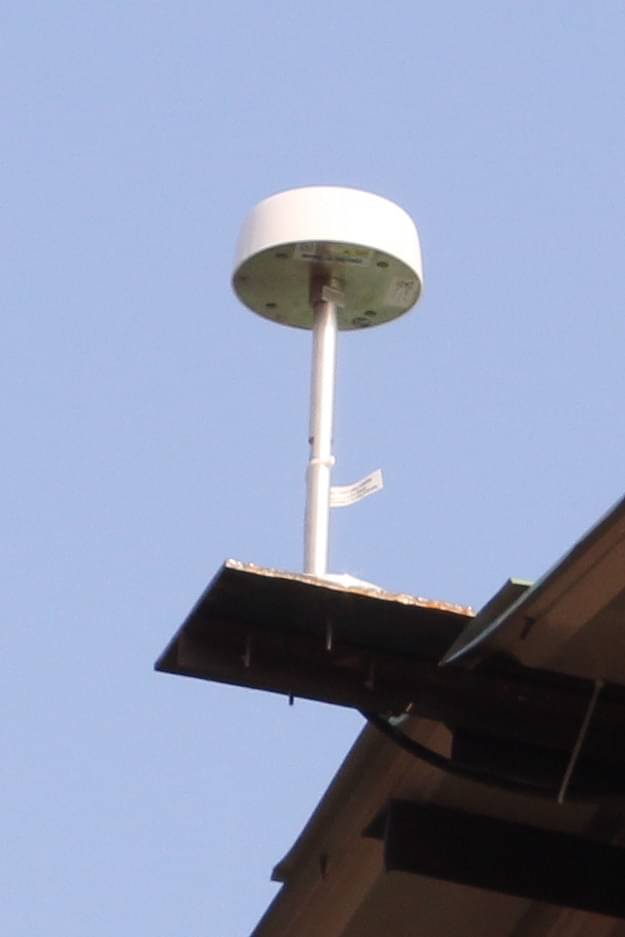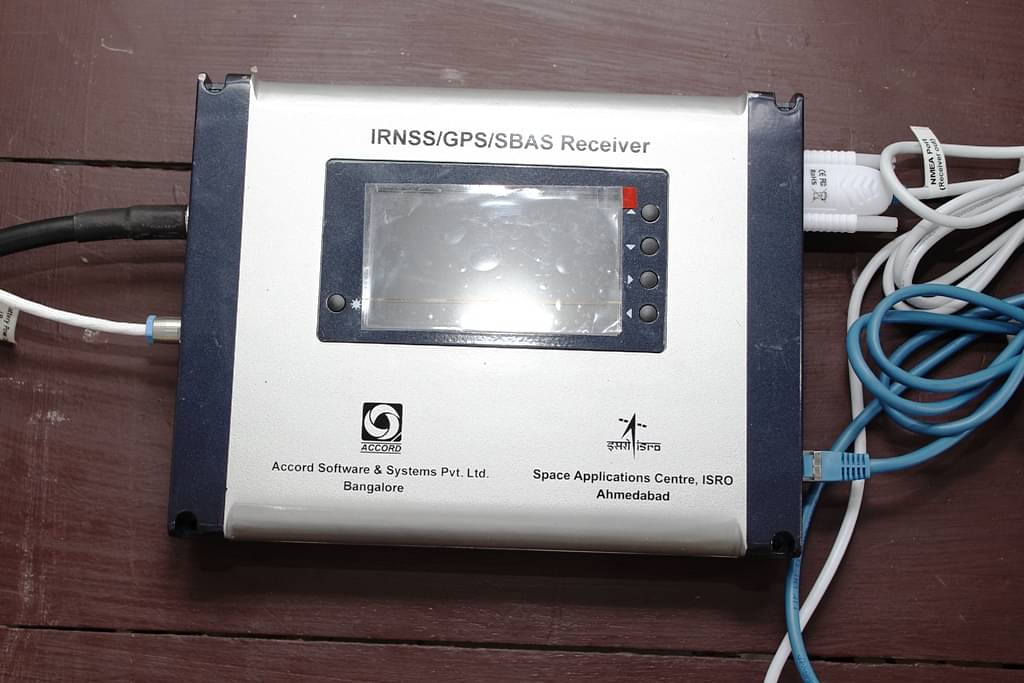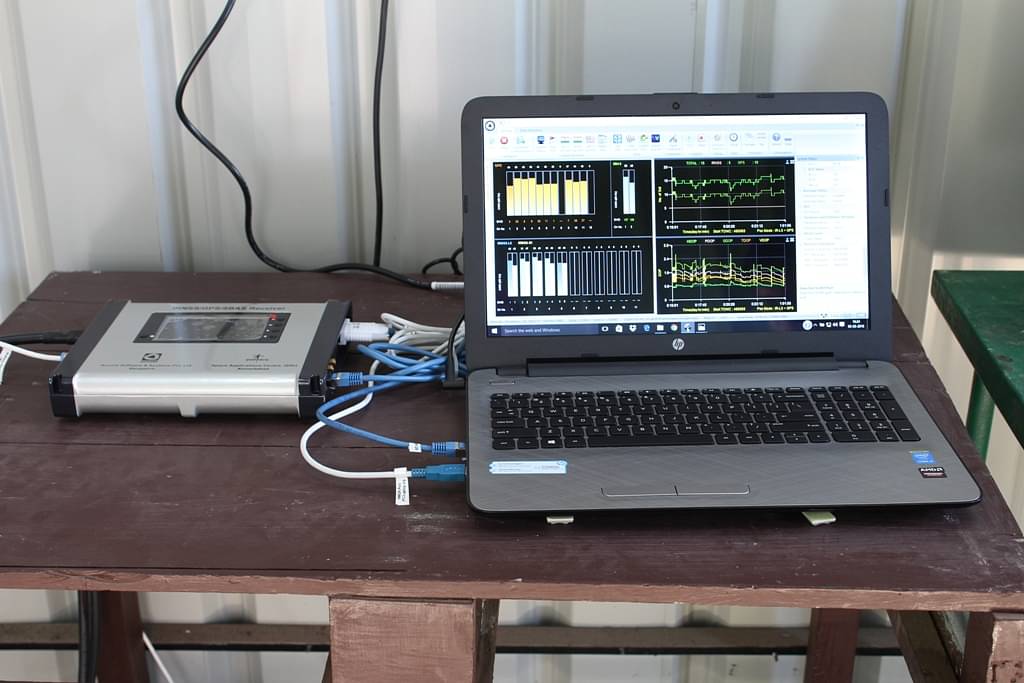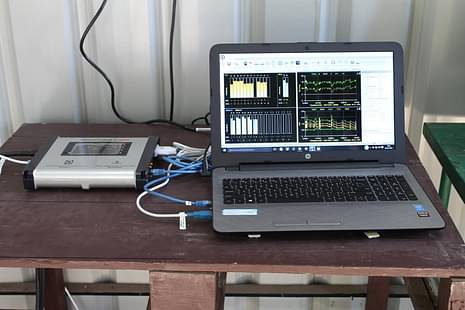
The Shivaji University, Kolhapur (SUK) procured a satellite signal receiver under the Indian Regional Navigation Satellite System (IRNSS) programme. The receiver has been installed at the university's space observatory at Panhala, around 20km away from the campus.University vice-chancellor Devanand Shinde visited the observatory and said that primary tests on the receiver have been undertaken. Shinde added that the installation has given the university a significant place in the Indian Space Research Organisation's (ISRO) map.
An SUK circular on the IRNSS said that the country is creating its own navigation system for which receivers will play a vital role. "ISRO will install around 105 receivers across the country to get satellite signals from every corner. Of this, the university got the 23rd receiver. The engineering team was present for the receiver testing, which proved successful," it said.
The observatory's head, A K Sharma, said that the data from the IRNSS will prove useful for not only to ISRO but for the students as well.On the importance of navigation system, university circular stated that for the current navigation, the world is dependent on Americas Global Positioning System (GPS) or Russian Global Navigation Satellite System (GNSS).
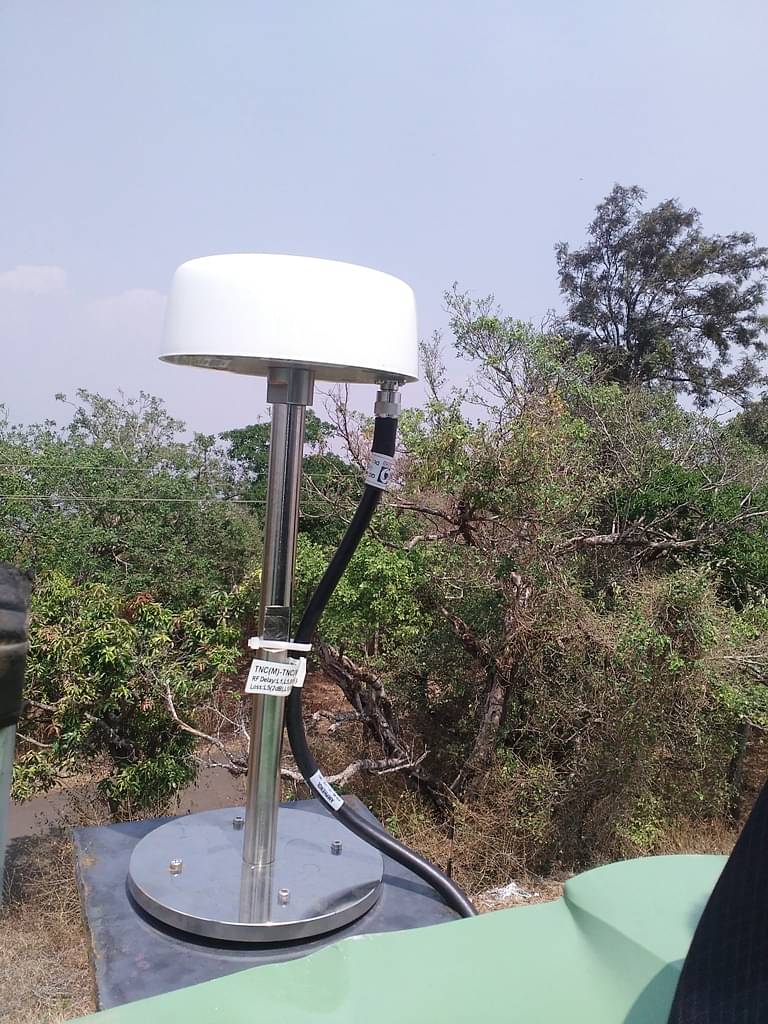
If both or one of these navigation systems gets a glitch, it can affect several interactions across the globe and hence the ISRO is developing its own navigation system, which is IRNSS. The IRNSS will cover around 1,500 kilometres of the area of the country and will provide standard positioning system to a user. It will also prove useful for mapping, and mobile tracking, it added. The space observation centre at Panhala is located around 968m above sea level and gives six times clearer sky visibility than what is available on the university campus.
The space research centre which was allocated in the year 2013 and saw stone laying ceremony in January 2014 on an acre land at Panhala, was supposed to be operationalized by 2015-16 academic year.
The university officials have already said that the space research centre will also be open to tourists, space enthusiasts and students so that they can learn about astronomy, comets, star, solar eclipses and planetary transitions.
"The receiver has already started functioning and a few recordings were made on Saturday. This is the beginning of a new era for the university. This space observatory is a very important establishment for the university.
Source: Prasad, Kolhapur City Journalist
Are you feeling lost and unsure about what career path to take after completing 12th standard?
Say goodbye to confusion and hello to a bright future!

Was this article helpful?





 Follow us
Follow us
